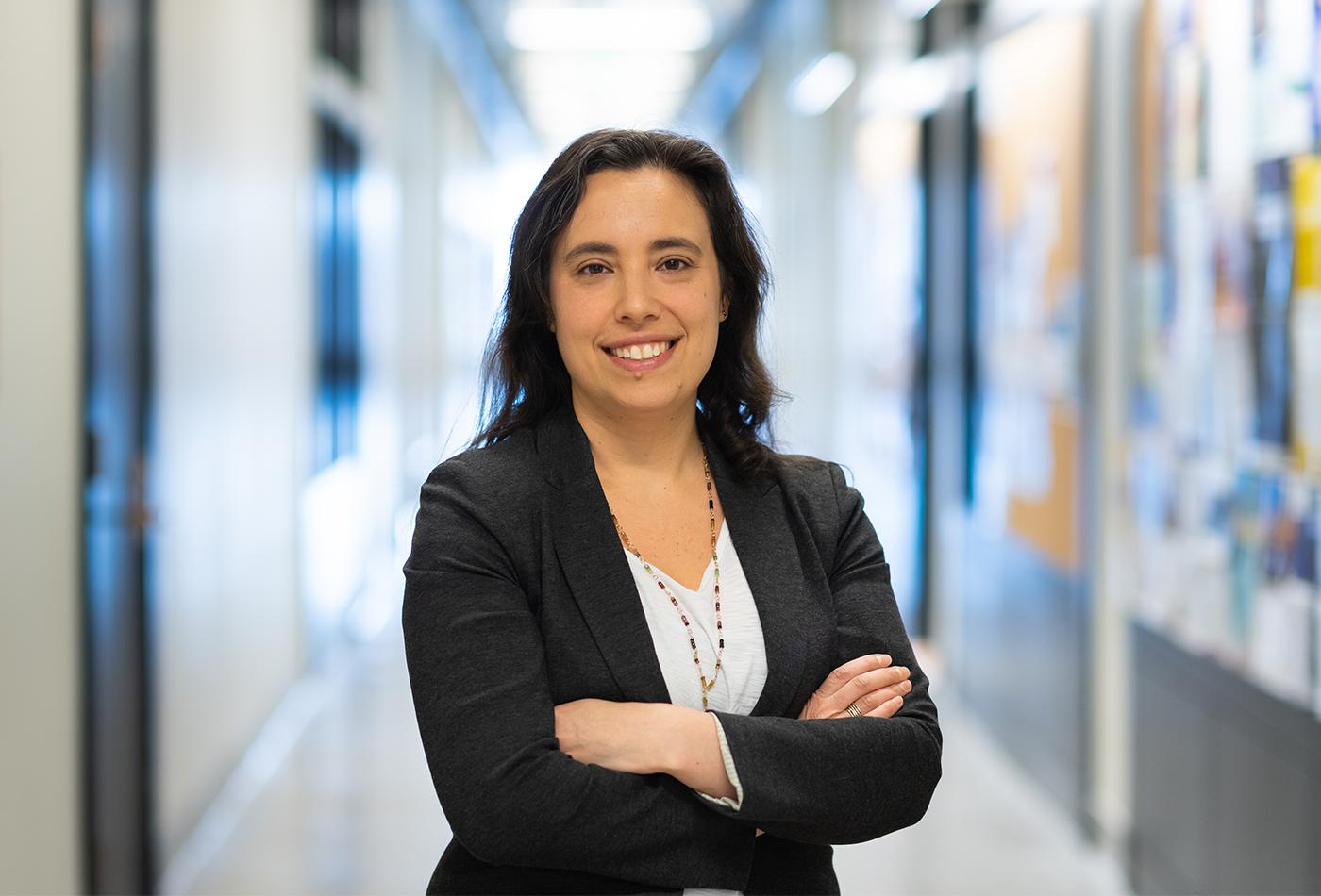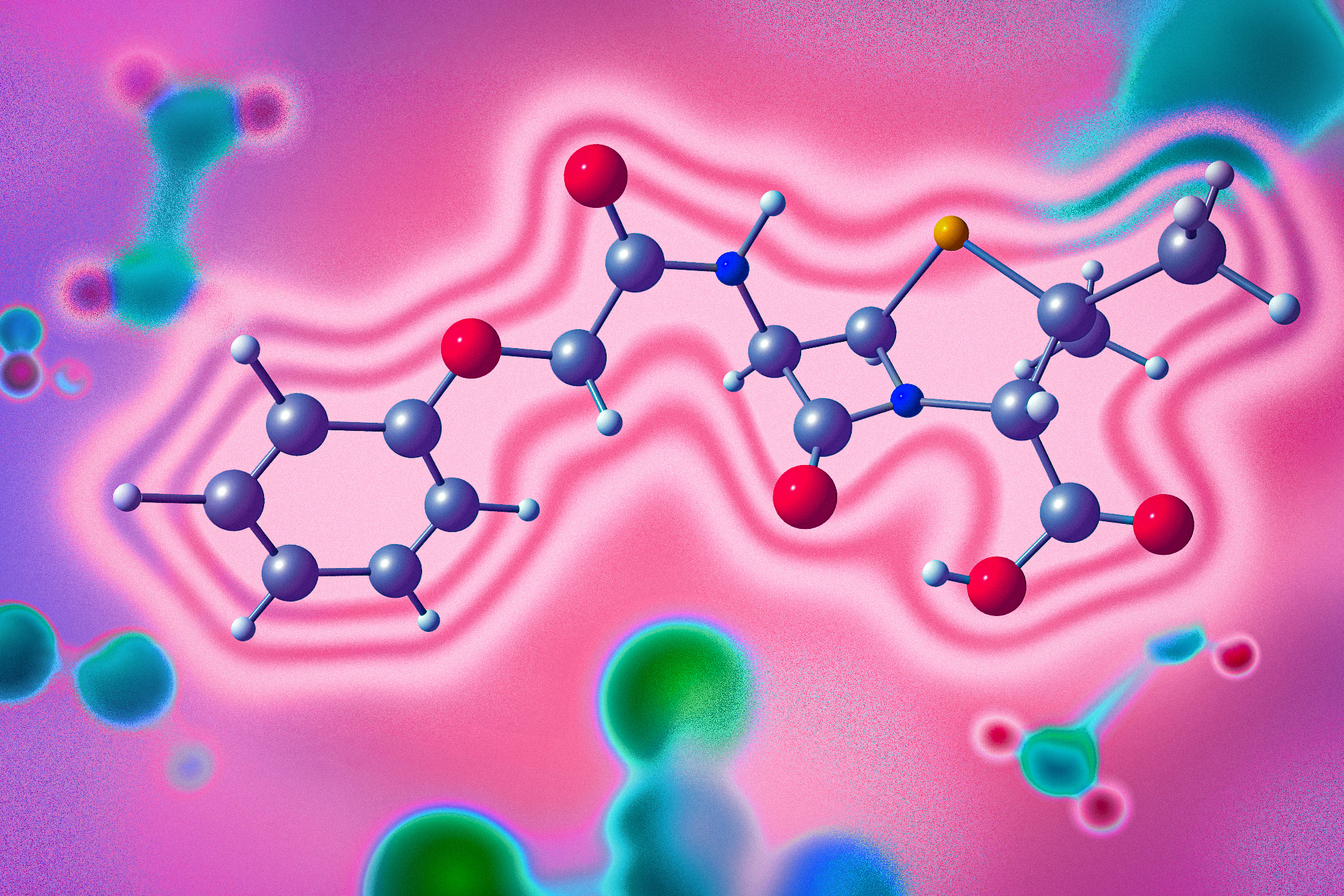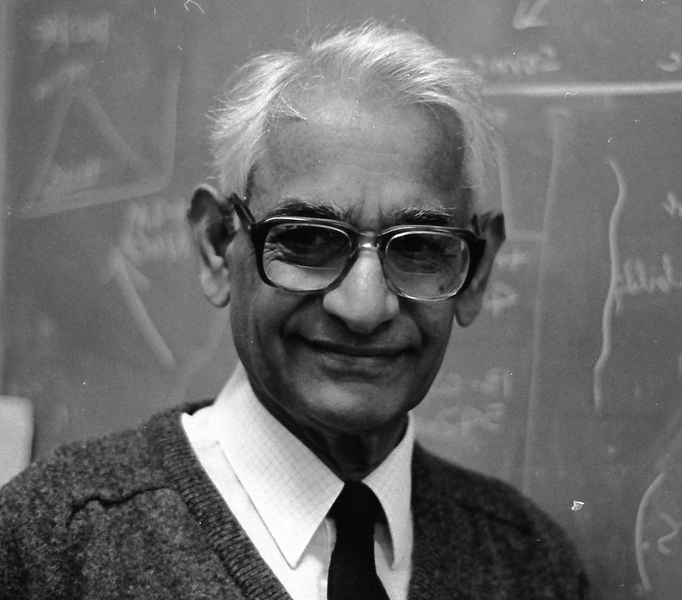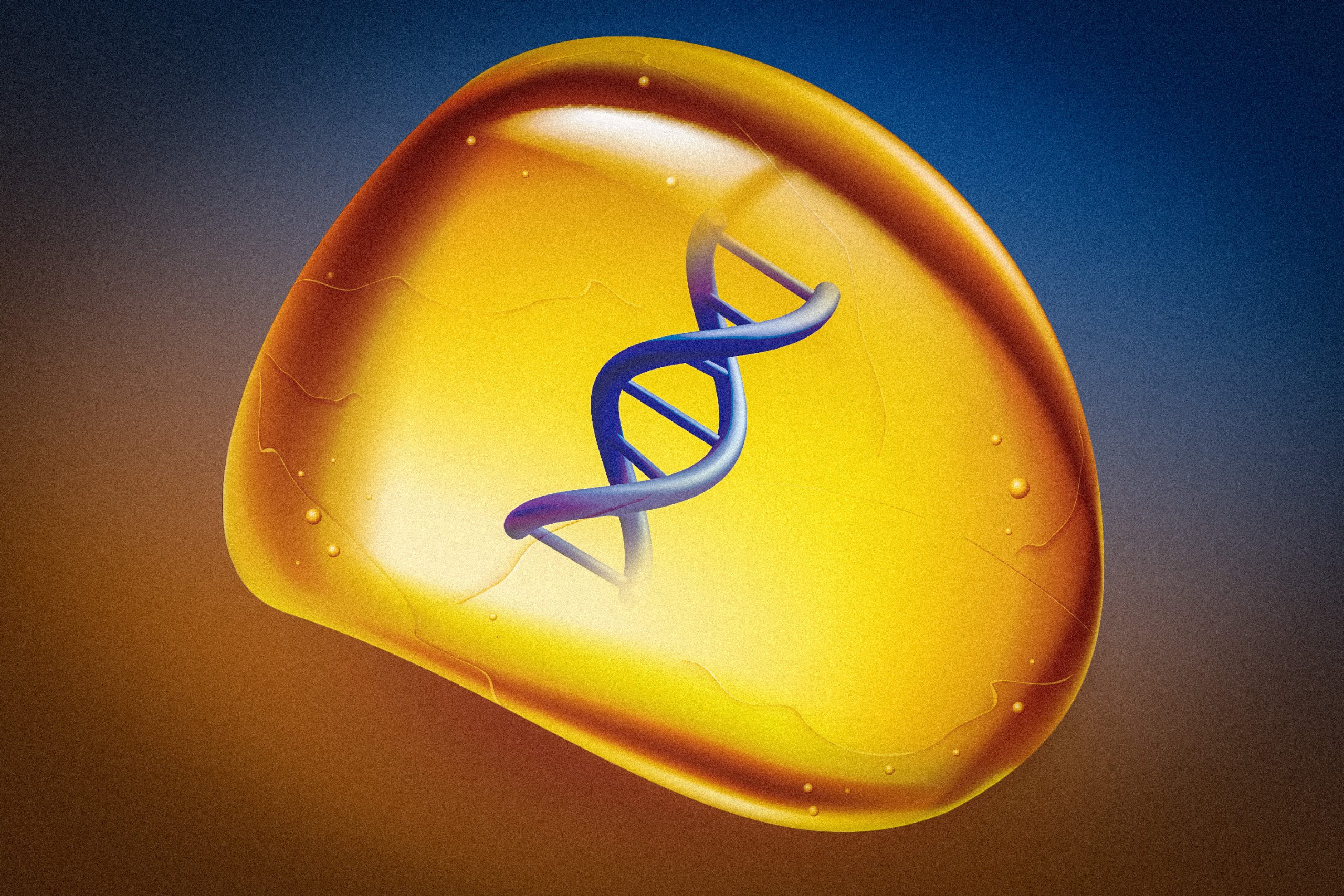Gabriela Schau-Cohen wins 2021 Marion Milligan Mason Award
Announced today by the AAAS, this biennial award is given in support of the advancement of women in the chemical sciences.
As a chemist, a PhD holder and a member of the American Association for the Advancement of Science (AAAS) since 1965, Marion Milligan Tuttle Mason sought to support the advancement of her fellow women in the chemical sciences. Nearly a decade after her death in 2012, Mason’s mission marches forward, as AAAS announces the 2021 winners of the Marion Milligan Mason Award for Women in the Chemical Sciences.
The awardees, announced Dec. 2, are:
- Julia Kalow, Northwestern University
- Gabriela Schlau-Cohen, Massachusetts Institute of Technology
- Marissa Tremblay, Purdue University
- Lauren Zarzar, Pennsylvania State University
The biennial awards, which grant $55,000 each to four or five early-career female scientists conducting basic research in the chemical sciences, are funded from a $2.2 million bequest to AAAS in Mason’s will to both support women in chemistry and honor her own family’s commitment to women’s education. Mason, like her mother and aunt before her, graduated from Vassar College; she later earned her Ph.D. from Rutgers University.
“I am creating this fund in honor of the memory of all the men and women of the Tuttle and Milligan families who believed in higher education for women and encouraged them in their pursuit of professional and business careers,” wrote Mason in her will.
First awarded in 2015, the Mason Awards have funded the research of 14 scientists who represent a diverse range of specialties within the chemical sciences. The four scientists who join their ranks this year are no exception:
Marissa Tremblay is a noble gas geochemist who studies the processes that shape the surface of Earth and other planetary bodies, and her research seeks to understand, for instance, how the earth’s climate changed in the geologic past, the interactions of volcanism with the earth’s climate system and the impact history of the moon. Gabriela Schlau-Cohen takes a multidisciplinary approach, combining tools from chemistry, optics, biology and microscopy to study dynamics in light-harvesting systems and in bacterial and mammalian receptor proteins – which has implications for solar energy research and human therapeutics, respectively. Julia Kalow works at the intersection of organic synthesis, polymer chemistry and materials science to pursue materials-inspired reaction discovery and reactivity-driven materials discovery. Lauren Zarzar studies the dynamic, both hard and soft, materials that sense and adapt to their surroundings.
The award winners, who must be teaching or research staff members at American Ph.D.-granting institutions, are selected through a two-stage review process. The award winners’ research project proposals are subjected to criteria that include the potential of their research to advance knowledge and understanding in their field and beyond and to benefit society.
“The life of an early-career scientist has a lot do to with writing grants and hoping you get funding to grow your research lab and train the next generation, so it’s thrilling to be able to support the work of these four early-career women in the chemical sciences who follow in the footsteps of Dr. Milligan Mason with their promising and dedication to growing the next generation of scientists,” said Michael Feder, program director at AAAS.
In addition to supporting scientific research, the Mason Awards also provide leadership development and mentorship opportunities to the winners, who come to the program experienced in outreach and mentoring themselves. Several Mason Award winners have supervised undergraduates, graduate students and postdoctoral researchers in their own laboratories, while Kalow serves as a mentor through the Chemistry Women Mentorship Network and Zarzar hosts summer programs for youth through Penn State’s Science-U outreach program.
The awardees will take part in a virtual ceremony and orientation on Dec. 2 and 3.
Research in the Schlau-Cohen group is inherently multidisciplinary and combines tools from chemistry, optics, biology, and microscopy to develop new approaches to probe dynamics.
Text via a press release from the American Association for the Advancement of Science (AAAS).





